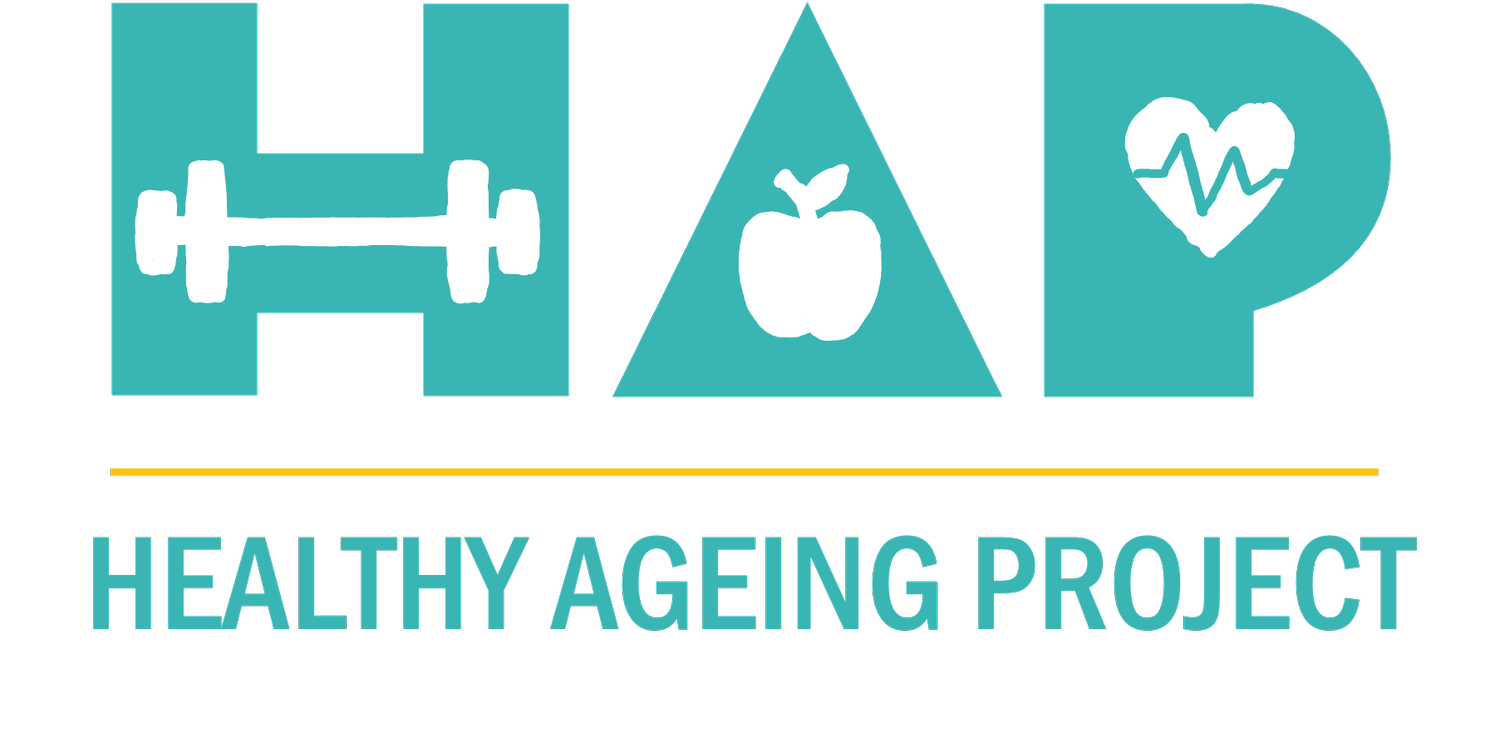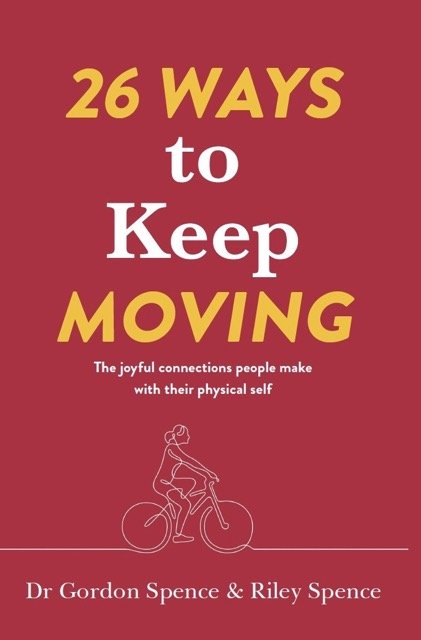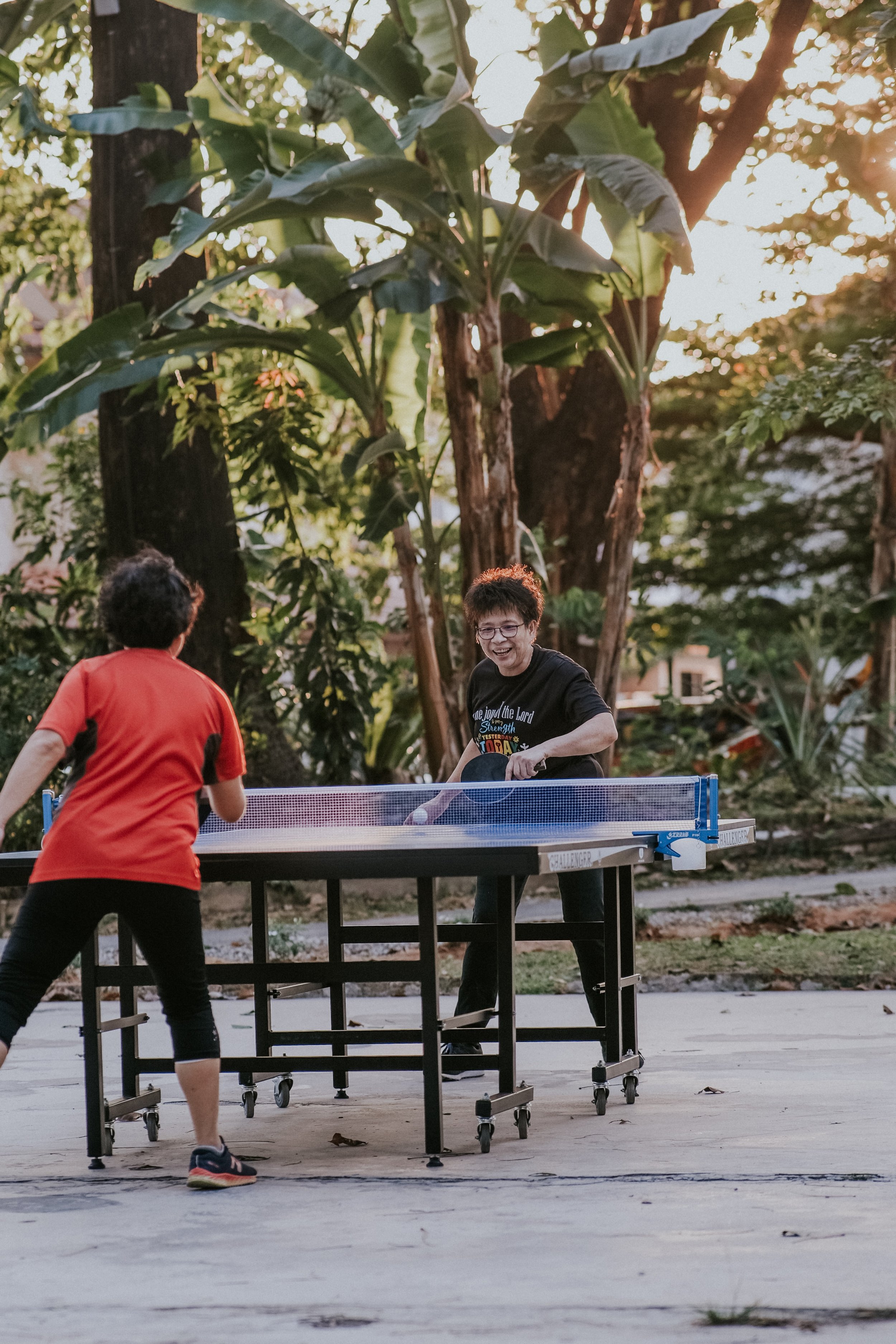Want to try some different moves this holiday season?
2022…it’s been quite a year. Following the trends set in 2020 & 2021, most of us have had to keep dealing with significant change. This time it was a strange mix of continuing COVID restrictions, followed by a significant relaxation of those restrictions, followed by a challenging transition to hybrid working arrangements . By anyone’s standards, that’s a lot to deal with!
As a result, many people have been left feeling exhausted & desperately needing time during the holiday season to rest, recover & reset for 2023. And how people spend that time will be important.
Quite rightly, our initial impulse will be to do not much of anything for several days, to the extent that’s possible during - what can be - a very busy period. Nonetheless, there’s a very good case to be made for living in a hammock for a week or so, reading, sleeping well, eating some great food, etc.
Whilst doing nothing during a holiday is important for healthy functioning, so to is doing something. This blog is about both those things, with 5 suggestions about different moves you could make during this holiday season.
Suggestion #1: Move your mind!
In a previous blog, I wrote about the importance of mentally separating from one’s work & using natural settings to help achieve that. Whilst you probably won’t be surprised to know that nature is hugely beneficial for people, the reasons why it’s so beneficial might be less obvious. If you’d like to know a bit about that, I suggest you read the blog.
So, my #1 suggestion for this holiday season is to prioritise some time in nature. Whilst it doesn’t have to be for days & days - although that’s great if you can manage it - try to give yourself some opportunities to be by an ocean, a river, in a garden or up a mountain. Either alone or with others, it doesn’t matter too much. There’s only one caveat I’d add…try to be “in it” as best you can. If you can make it a device-free experience, do it. This will help you tune in to what’s happening around you. Be curious, observe the surroundings & let them direct your thoughts. It’ll likely help you restore mentally, by moving your mind in a way that helps to wind back the stress response & rekindle your energy.
Now, if you’re thinking this sounds like a mindfulness strategy, you’d be right! Connections with nature are an excellent way to stabilise your attention & calm your mind. In this way it can work like a form of mindfulness meditation - another option that is equally good - provided we (i) set aside time for it & (ii) give it our full attention…irrespective of whether we are beside a waterfall or sitting on a cushion.
Suggestions #2 to #5: Move your body
Over the past 20-30 years, health scientists have learnt a lot about the importance of regular physical activity for good physical functioning. But they have also found that it has an important role to play in the maintenance of mental health & the recovery from mental illness.
Perhaps more important than that, body movement is intrinsically enjoyable for human beings. The problem is, whilst we love it when we are young, we tend to lose the love as we get older. I’ve recently been writing a lot about the enjoyment people get from physical activity. In the most recent book, Riley (my 15-year-old son) & I used an A-to-Z format & interviewed 26 different people about the physical pursuit they LOVED to do.
To give the book interest, we decided to NOT include high-profile, high-participation activities like tennis, golf, football, etc. Rather, we tried to include activities that were less well known, to help people thinking expansively & creatively about the different ways they might get active.
As you consider the forthcoming holiday period & what you might do with it, here are four suggestions - taken from 26 Ways to Keep Moving - to fire up your imagination. They are listed in terms of their intensity, from lowest to highest, because different people have different physical starting points & different physical interests:
Suggestion #2 - Hiking - Whilst hiking is very well known, I’ve included it here for two reasons. First, it is a relatively low intensity activity that people are able to exert a lot of control over. That is, when hiking you get to choose how far you want to walk, for how long & to what degree of difficulty. Second, hiking can get you out into natural settings that allow psychological detachment to occur, and for a relaxing state of mindfulness to emerge (as already mentioned above).
Suggestion #3 - Table tennis - This is an excellent sport in many ways. Table tennis is not only great fun, it is usually easy to access on holidays & can - if you play it often enough - really hone your coordination, reflexes & visual system. Whilst it is not as aerobically demanding as many other sports, it is still possible to get a decent workout, & research has shown that it greatly enhances brain health & motor skills.
Suggestion #4 - Dragon boating - Popular in many countries around the world, dragon boat racing has the advantage of being both low impact (because paddlers are seated in a boat) & a great aerobic workout. It is also very social, with boats paddled by teams of between 8 and 20. This not only helps paddlers to hone their coordination & teamwork, being on the water provides an excellent connection to nature. For those who have never paddled before, most clubs offer sessions for new starters.
Suggestion #5 - Ultimate - Whilst once known as ‘ultimate frisbee’, this sport is not specific to any brand of flying disc, so is referred to as ‘Ultimate’. This is a high energy non-contact game that uses American football scoring rules & is self-refereed using the Spirit of the Game principles. This means players resolve rule violations via mutual agreement, a practice that underpins the Palestinian-Israeli Ultimate Peace youth initiative. Games can be found in many large cities via MeetUp & new players are usually very welcome.
So, there they are…5 options to explore this holiday season (1 for the mind, 4 for the body). But don’t limit yourself to these…if this blog has got you thinking about other options, follow that energy.
The idea is to enjoy yourself, not hurt yourself!
If a goal for 2023 is to better manage your energy & reduce your stress levels, why not use your holidays to work on practices that can support your mental & physical health? It seems like a great time to try.
One final thought. If you choose to focus on physical activity, remember that you’ve more likely to be successful if you take your enjoyment seriously. Why? Because it’s much harder to sustain our effort if we’re not enjoying what we’re doing. So maybe you can use your holiday period - once you’ve had a rest - to try a few options & see what feels best.
Just be sure to pick something appropriate! The idea is to enjoy yourself, not hurt yourself. If you have a knee injury, then choose something low impact (like a paddling sport). If you haven’t run in a while & don’t feel so fit, then DON’T choose running, start by walking (or hiking). Try to reconnect with the joy of moving your body around in space. It’s something human beings are intrinsically motivated by but, sadly, we can easily fall out of love with.
This holiday season might be your chance to bring back some of that love! Go get it…
info@drgordonspence.com
(+61) 421 641649
© Healthy Ageing Project 2022. All rights reserved.





